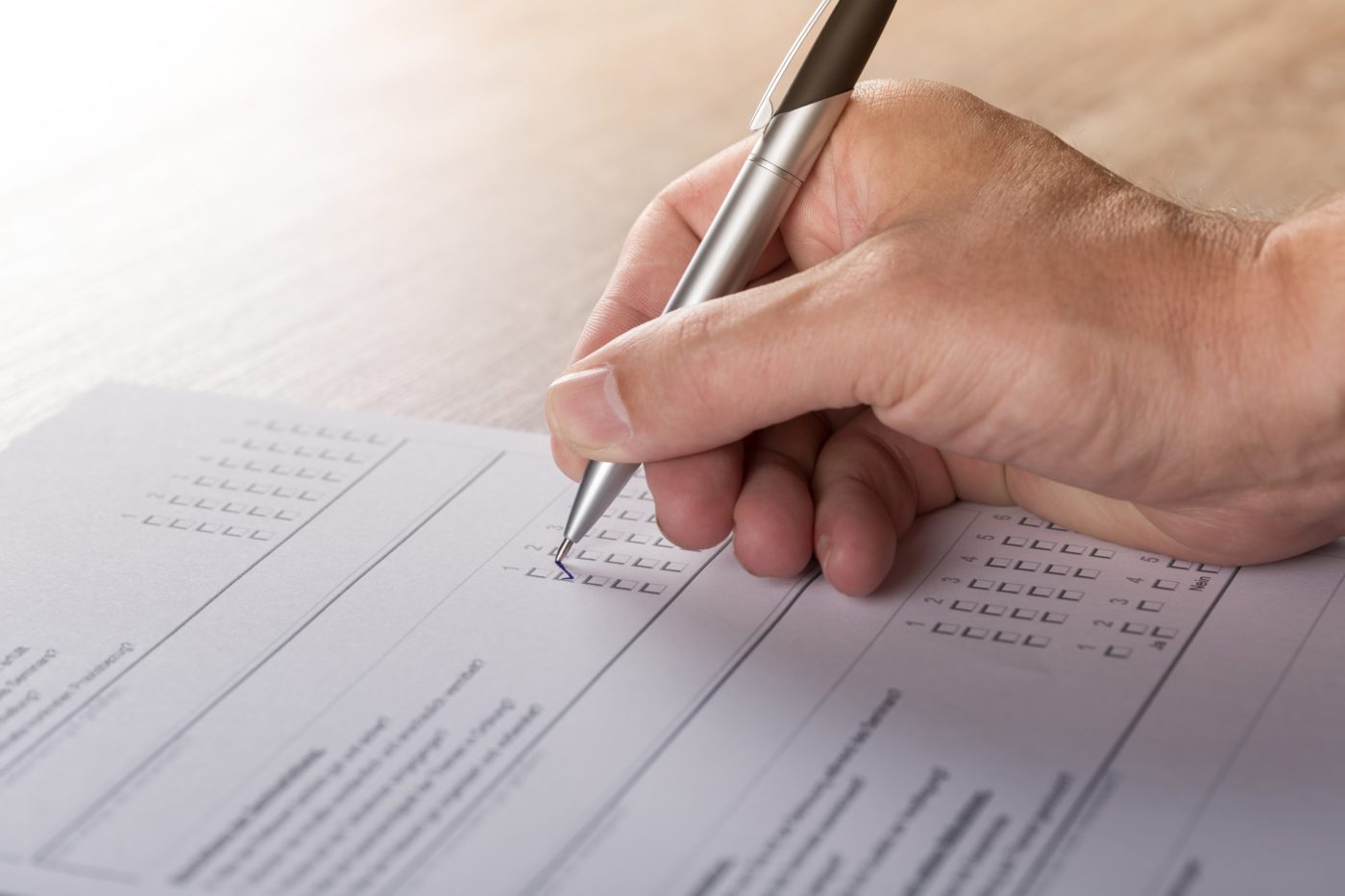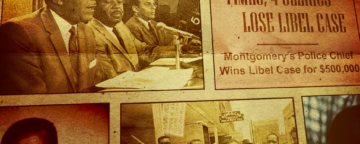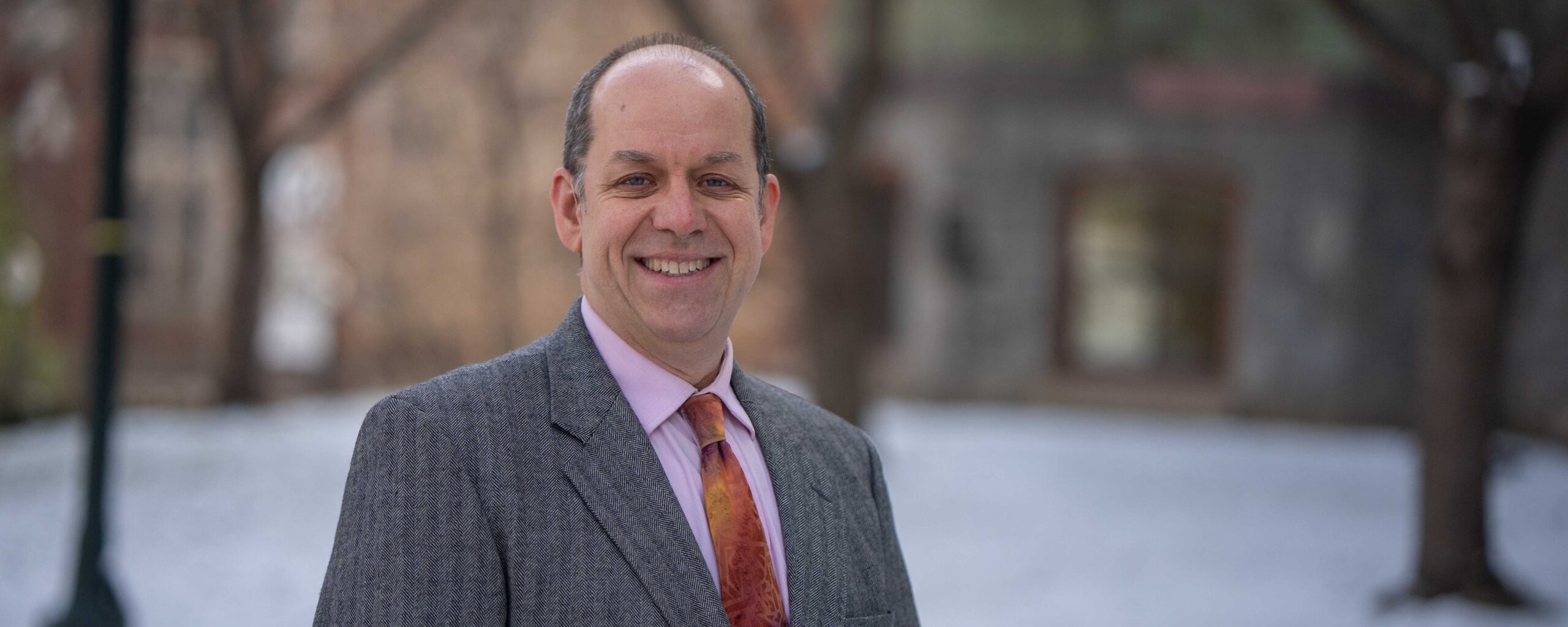As the 2020 U.S. presidential election approaches, the public will be barraged with opinion polls seeking to assess its attitudes toward the candidates and on leading campaign issues. Of concern to researchers is how people’s partisan biases may influence their perception of these polls and, subsequently, their voting behavior. A recent study by researchers at the Annenberg Public Policy Center (APPC) and the University of Michigan found that individuals are likely to find polls more credible when their preferred candidate is leading in them.

The researchers say these biases have potentially deleterious outcomes for democracy. “Biased perceptions of polls can affect election turnout and voting preferences,” said APPC postdoctoral fellow Ozan Kuru, lead author of the study, which was published in the International Journal of Public Opinion Research.
Josh Pasek, a co-author of the study and associate professor of communication and media at the University of Michigan, said the results pose a challenge for democratic legitimacy in a polarized society. “When Republicans and Democrats have diverging expectations, it is likely that many people will be surprised by the result on Election Day,” he said. “These sentiments can validate perceptions of fraud, where people think that their expectations were upended because their opponents must have done something illegitimate.”
The study suggests that there are potential benefits of emphasizing polls’ methodological quality – for example, whether a poll’s sample is nationally representative — to help reduce partisan biases in poll evaluations.
“If people focus on these objective aspects of polls,” Kuru said, “they may be less likely to immediately dismiss results that they find unfavorable. This framework could also be applied to the communication of other metrics of public opinion in news reports – such as polling averages, forecasting models, analysis of social media content, and election prediction markets – as well as official public statistics such as unemployment rates, census data, and election outcomes.”
Kuru, Pasek, and co-author Michael Traugott, a research professor at the Institute for Social Research at the University of Michigan, conducted an experiment leading to the 2016 presidential elections. Using two polls, data was collected involving online surveys from a nationally representative sample of more than 900 people. The participants saw a screenshot of a news article about two election polls about the candidates, Hillary Clinton and Donald Trump. The researchers manipulated the polls showing the same or different candidates leading and whether the polls were high or low quality. Respondents were asked to rate the accuracy of the polls and predict what would happen if the election were held the next day.
A key finding involved how education factored into the responses. More educated respondents were more likely to identify high-quality polls accurately, while less educated individuals’ bias was reduced when they encountered polls with varying methodological quality, the study showed. The results underscore the importance of both polling firms’ and the news media’s commitment to methodological transparency.
The paper “When Polls Disagree: How Competitive Results and Methodological Quality Shape Partisan Perceptions of Polls and Electoral Predictions” was published in the International Journal of Public Opinion Research.



